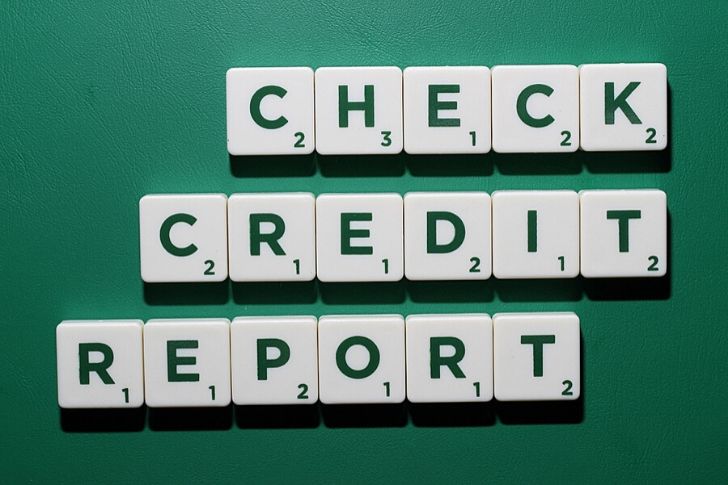4 Helpful Ways to Improve Your Credit Score
Having good credit standing is determined by your existing credit score. Your creditworthiness is vital for lenders as it serves as a major factor for them in determining whether you approve or qualify for a loan.
Improving your credit score takes time, energy, and effort. It does not change in just a snap. However, there are certain measures you can take to improve your credit score, and you need not go the extra mile to do so.
Below are six points to ponder to help yourself improve your credit score.
Check your credit reports regularly
Knowing your credit score is the first step to improve its standing. Credit scores range from 300 to 850. The highest and most exceptional level is 850. If you have a credit score of 300, which is considered poor standing, then you need to improve your score.
It is also important to regularly check your credit score from bureaus such as Equifax, TransUnion, and Experian as there could be times when mistakes and fraudulent behavior have been overlooked. If credit scores are tainted with mistakes, it may reflect on your standing. You can file a dispute and let a credit reporting agency take appropriate action for it. When fixed, a credit reporting agency can amend your score and eventually make it higher.

Pay your existing bills on time
To prove to a lender that you can be entrusted with their money, you have to show them that you are a responsible payer. One way for lenders to determine your behavior is through your payment history. If you always pay on time for your electricity, water, credit card, and insurance bills, then you need not worry about this.
But if you are someone who always pays beyond the deadline, then you have to rethink your payment behavior. Always see to it that you are ahead of your deadline. Remember that payment history is a big factor for FICO and VantageScore in coming up with your credit score.

Lower your credit utilization rate
After working on your payment history, it’s now time to focus on your credit utilization rate. Credit utilization ratio is the relationship between your credit card balance and your credit limit. To lower your credit utilization rate, you have you pay your balances on time. To do this, pay your balances in full each month and not just the minimum amount required. This also means paying lesser interest rates. It also helps if you can ask your credit card processing company to make your credit limit higher. You should also maintain at least 10 percent of utilization only to keep your credit score in good standing and avoid maxing out your credit card.
Don’t apply for new accounts too often
If you are planning on improving your credit score for a specific financial goal—say a mortgage loan application or a business loan in the future, you have to refrain from opening or applying for new credit cards.
Applying for a new credit card while you have an existing one can result in a hard credit inquiry on your credit report. It stays on your report for 24 months and can potentially affect your score. What’s worse is when your new credit card application gets rejected, it will result in a red flag at the credit bureau, making your score even lower.
Eliminating all your current debts will boost your credit score. If you plan to apply for a mortgage loan or business loan in the future, you’d better consider erasing all your debts first.
Remember to always be on top of your finances—be it in your bills or credit cards— and keep in mind that all your financial activities reflect on your credit score.
AhmadArdity/Pixabay
Victoria Coste/Flickr
CafeCredit.com/Flickr
